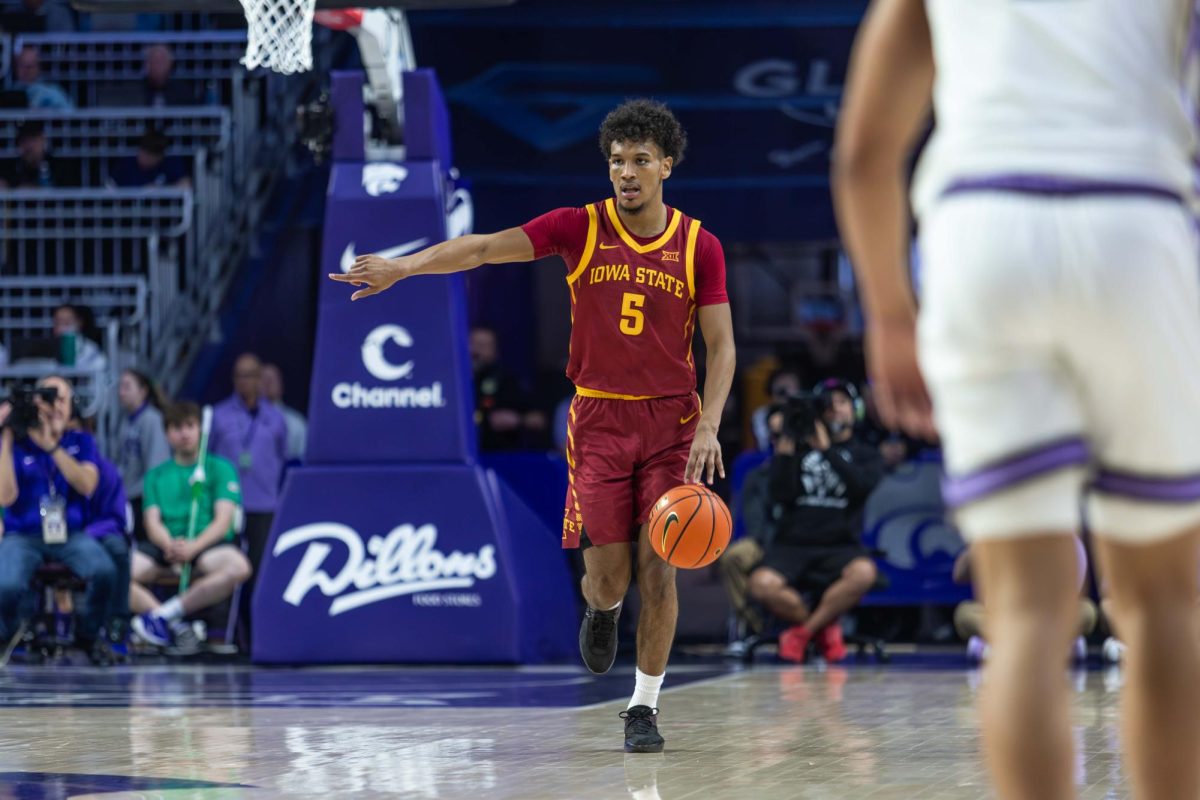GUEST COMMENTARY: Respect Americans’ mixed heritage
October 4, 2007
I recently attended the presentation of comedian Aasif Mandvi at Stephens Auditorium and came away from it with a few new things: I learned more about his background as an actor, laughed along with the audience as we watched selected clips of his “assignments” on “The Daily Show” and was appalled when someone from the audience bluntly accused Mandvi of not being “brown” and asked him to prove his “brownness,” in this case, meaning being Indian or of Indian descent.
I’m not sure whether he meant for it to be a joke, but he did not get a favorable reaction from the crowd. Although Mandvi played it off and responded somewhat graciously, it still made me stop and think about how someone can just flat out accuse another person of not belonging to a race he or she identifies with.
As a journalist, it would be ridiculously hypocritical of me to attack the freedom of speech and equally as naive of me to believe that people don’t make judgments about other people (as open-minded as they may think they are).
While people are entitled to their own opinions, conversation can be brought about through civil discourse instead of outrightly attacking someone, especially about something so personal.
I identify as Mexican-American: Mexican because I was raised in the traditional Mexican culture my own parents were born and raised into in Mexico, and American because I was born and have grown up in the United States.
Spanish is my first language and I am fully bilingual, but I don’t have an accent when I speak in English, thanks to growing up in the United States.
When I’m with people who don’t know me well and my parents call me, I don’t think twice about speaking to them in Spanish, but the people around me are surprised. While these moments are superficially amusing to me, there is also an underlying feeling of disappointment: An entire other side of me is overlooked, leading people to acknowledging only one part of who I am.
It is also frustrating when I have to explain my dual nationality to Latinos/as who were born and raised in Mexico and have moved to the United States. As paranoid as it may seem, I sometimes feel that they may perceive me as being “less Mexican.”
I do understand I lack the experience of living in Mexico and being immersed in the culture outside of my home. This, however, should not detract from my heritage and the deep pride I feel for it. It will always be a part of who I am, and I would like for others to recognize it as they do the American side of me.
A person is entitled to believe that someone may not represent or fit his idea of a certain group of people. However, it is offensive, tactless and to a certain extent, unnecessary to confront someone about who he is and where he comes from in such an accusatory fashion.
In the Mandvi example, the audience member gained nothing from his actions. He lost, however, the audience’s respect.
People would not take offense if others chose to approach topics from a position of genuinely wanting to learn about a person’s past and culture instead of wanting to quickly assume and categorize people solely on personal preconceptions.
– Eloisa Perez-Lozano is a graduate student in journalism and mass communication from Houston.






